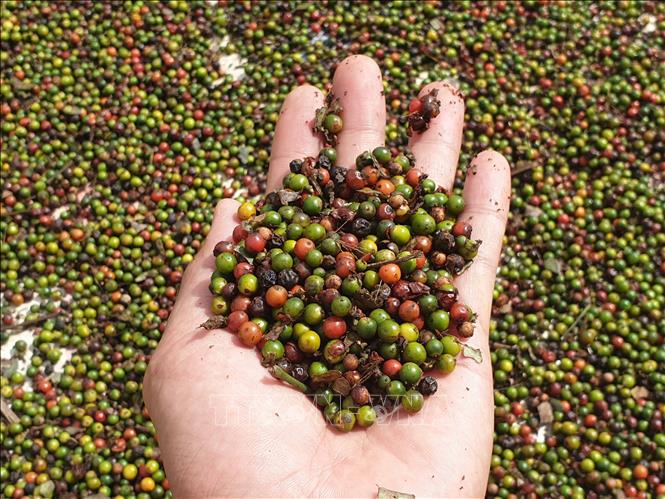 |
| The United States is currently Vietnam's largest pepper import market. Illustrative photo: Photo: Hung Thinh/VNA |
At the meeting, a representative of the Vietnam Pepper and Spice Association said that the United States is currently the largest pepper import market of Vietnam, accounting for about 30% of the total export value of the industry. In response to the new tax rate proposed by President Donald Trump, some import partners in the United States have requested to suspend orders or even cancel contracts due to concerns about increased costs. Meanwhile, the American Spice Association has also sent a document to the US Government, recommending not to impose taxes on spice products imported from Vietnam.
“In case the tax negotiations do not achieve the expected results, businesses recommend that the Government consider issuing a policy to support interest rates, especially for pepper businesses - which are mainly small enterprises. In addition, it is recommended that the commercial banking system extend the loan term and apply preferential interest rates for agricultural export products. Due to the forecast of high storage costs, it is necessary to soon implement a temporary storage support package to reduce financial pressure on businesses,” a representative of the Vietnam Pepper and Spice Association suggested.
The representative of the Vietnam Cashew Association also said that customers have contacted Vietnamese businesses to request to line up quickly before the US tax is imposed and have requested a price reduction. New contracts will be suspended, and there will be a lull in new negotiations. This is an immediate impact, but the damage is incalculable.
The Vietnam Cashew Association also said that the quantity of cashews exported to the US is large, but the price is lower than other industries. This is a distinctive feature of cashew products exported to the US. With the desire to promote the development of value-added products, over the years, the association has stepped up trade promotion to other markets to seek high-value, high-quality markets.
Although the largest proportion of Vietnamese coffee exports is to the EU, to the US is only about 6%, but Mr. Nguyen Nam Hai, Chairman of the Vietnam Coffee and Cocoa Association (VICOFA), with a tax rate of 46%, the export volume to the US is not much but will have a chain effect. If the difference between Vietnamese and Brazilian coffee entering the US is large, competition will be difficult.
“Taking this opportunity, Vietnamese coffee must improve quality and make its products more competitive. Businesses must seek markets, many businesses have focused on Asian and African markets, especially Asia because of low logistics costs,” said Mr. Nguyen Nam Hai.
Mr. Nguyen Nam Hai also proposed that there should be a credit support package to create conditions for businesses to be proactive and flexible in finding solutions to overcome difficulties in the new context.
From the livestock perspective, Mr. Nguyen Xuan Duong, Chairman of the Vietnam Livestock Association, said that Vietnam's livestock industry is experiencing a trade deficit with the US. Vietnam is importing breeding animals, technology, and raw materials for animal and aquatic feed. Vietnam is importing about 9-10 billion USD in this sector alone. The tax on imported livestock products is still about 20%, if the tax continues to be reduced, domestic livestock production will be very difficult.
At the meeting, businesses and associations expressed their confidence in the Government in the negotiation process with the US side, and hoped to achieve a delay in applying the new tax rate. Businesses also proposed that there should be a clear distinction between tax rates for agricultural product groups, instead of applying a common tax rate to all products.
After listening to opinions, proposals and recommendations from associations and businesses, Minister of Agriculture and Environment Do Duc Duy said that the Party, the Government and relevant ministries and sectors are making maximum efforts to implement flexible and effective solutions to respond to the new tariff policy from the US. The Minister affirmed that it is not until now that the Government has reacted, but since the time President Donald Trump took office, Vietnam has proactively monitored and prepared for changes in trade policy from the US. However, the new tariff schedule announced by the US still surprised many countries.
Minister Do Duc Duy affirmed that Vietnamese and US agricultural products are complementary and do not compete directly, and are essential goods for US consumers. Therefore, Vietnam hopes that the US will have a reasonable approach and response, in accordance with the trade relationship between the two countries. However, the Minister also emphasized the need to proactively consider the worst-case scenario in which the US maintains its decision to impose tariffs.
The Minister called on the entire industry to remain calm, flexible, closely follow the direction of the Government, the Prime Minister, instructions from ministries and sectors, and continue to consult with associations and businesses. The Minister also asked businesses to be proactive in negotiating with US partners, thereby creating a common voice to influence US authorities.
Regarding response solutions, the Minister said it is necessary to implement comprehensive measures, combining short-term and long-term measures, with special attention paid to negotiation efforts. The consistent viewpoint of the Party and Government is not to confront, but to enhance dialogue and cooperation.
The State and enterprises go hand in hand. Associations and enterprises need to promote the spirit of solidarity and unity for the common interests of the industry and the country. Turn difficulties and challenges into opportunities to restructure the market and industry.
Localities and businesses continue to maintain stable production plans to ensure raw material areas for key industries. The Ministry of Agriculture and Environment actively supports businesses in finding alternative markets and researching and developing input products such as animal feed and pesticides to reduce production costs and increase the initiative of the entire industry.
Source: https://huengaynay.vn/kinh-te/bien-kho-khan-thanh-co-hoi-de-co-cau-lai-thi-truong-nganh-hang-152372.html


![[Photo] Buddha's Birthday 2025: Honoring the message of love, wisdom, and tolerance](https://vphoto.vietnam.vn/thumb/1200x675/vietnam/resource/IMAGE/2025/5/12/8cd2a70beb264374b41fc5d36add6c3d)

![[Photo] Prime Minister Pham Minh Chinh starts construction of vital highway through Thai Binh and Nam Dinh](https://vphoto.vietnam.vn/thumb/1200x675/vietnam/resource/IMAGE/2025/5/12/52d98584ccea4c8dbf7c7f7484433af5)



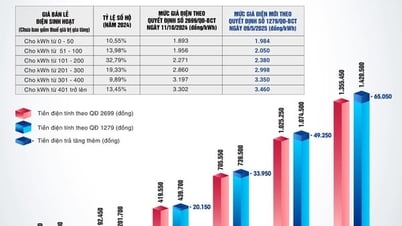
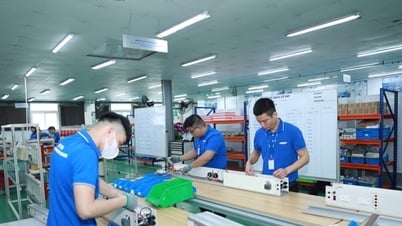
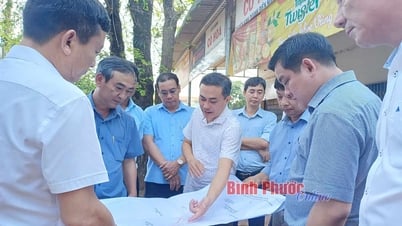
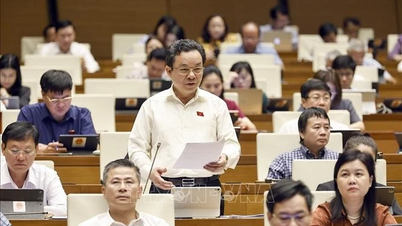






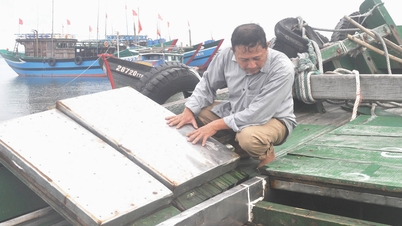
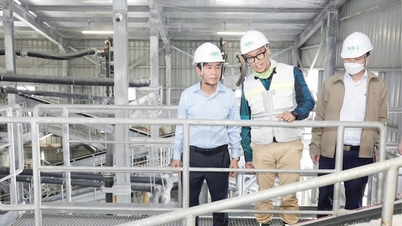


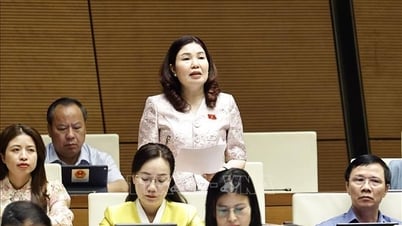
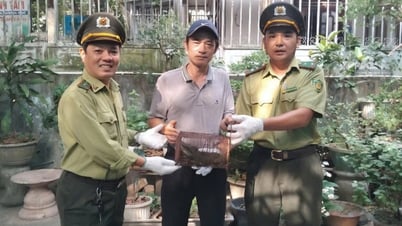
![[Photo] General Secretary To Lam meets and expresses gratitude to Vietnam's Belarusian friends](https://vphoto.vietnam.vn/thumb/1200x675/vietnam/resource/IMAGE/2025/5/11/c515ee2054c54a87aa8a7cb520f2fa6e)













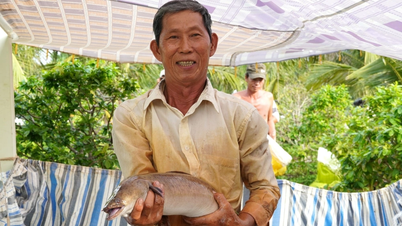

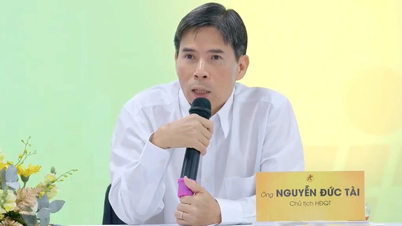







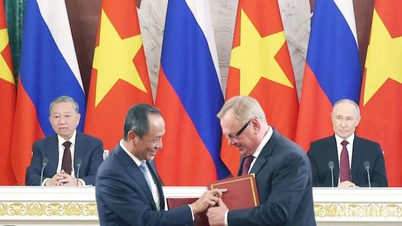

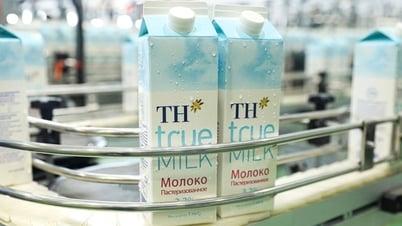

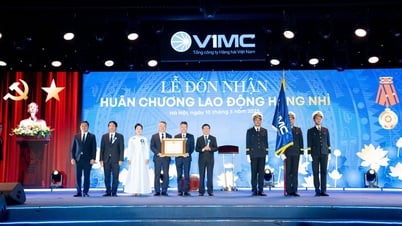


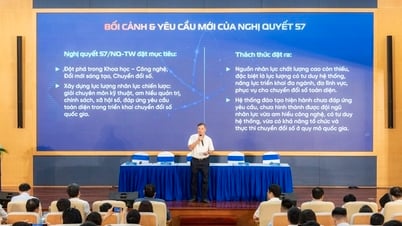



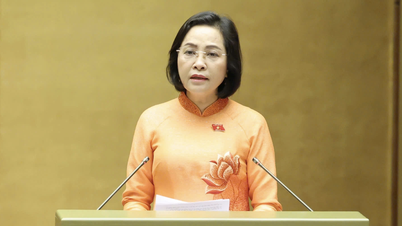


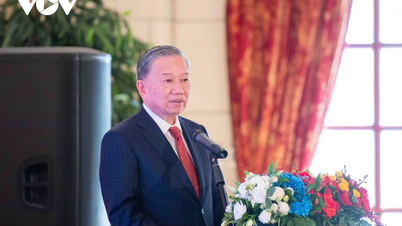

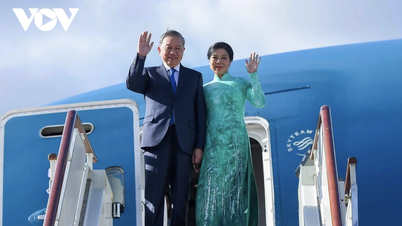
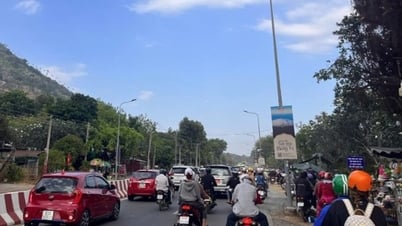




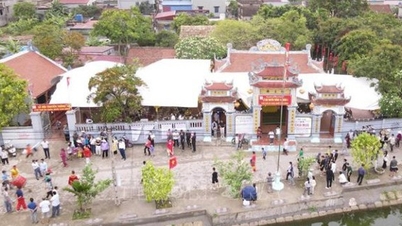

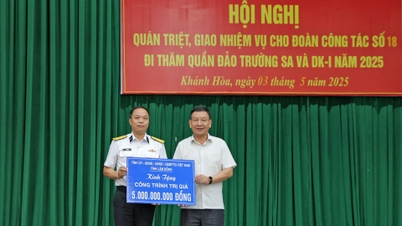


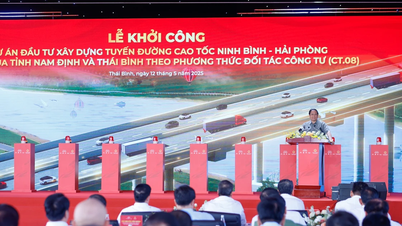













Comment (0)